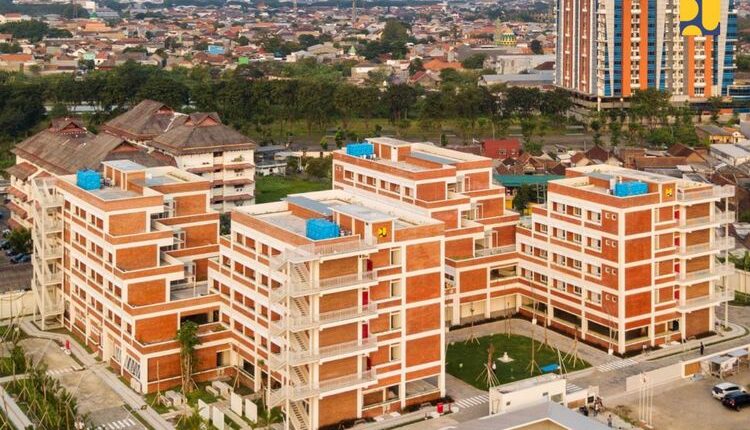The existence of AMN is proof of the government’s commitment to supporting the character development of the nation’s children
Manado – The existence of the Nusantara Student Dormitory (AMN) shows the Government’s commitment to creating a forum that supports the character development of Indonesia’s young generation.
The multiethnic and multicultural environment at AMN allows students to understand and appreciate each other’s differences, which ultimately strengthens national unity and unity.
The Coordinating Minister for Human Development and Culture (Menko PMK), Muhadjir Effendy, emphasized that tolerance and respect for diversity are the keys to the nation’s progress.
“With tolerance between communities, especially among youth, Indonesia will be able to face global challenges better,” said Muhadjir.
Meanwhile, Special Staff to the Chair of the Steering Committee of the Pancasila Ideology Development Agency (BPIP), Antonius Benny Susetyo, agreed that the existence of AMN is very important for Indonesia.
“AMN is a solution to national pluralism, providing a place for cadre formation for future leaders who are able to see differences as a unifying force,” he said.
For your information, the construction of the AMN Building is an effort by the State Intelligence Agency (BIN) to unite students from various ethnicities, languages, cultures and religions throughout Indonesia and is multi-university.
According to the Head of BIN, Police General (Ret.) Budi Gunawan, BIN was assigned by President Joko Widodo to be a catalyst for the development of AMN and issued Presidential Regulation (Perpres) Number 106 of 2021 concerning the Archipelago Student Dormitory (AMN) as the basis for the construction of this dormitory.
“The development of AMN began with the aspirations of various Papuan community leaders who wanted a forum or media that could unite the ethnic groups in this country. For this reason, BIN embraced a number of ministries and agencies to build AMN,” said the Head of BIN.
Through AMN, students from various regions in Indonesia can learn and grow together in an environment that supports cross-cultural interaction. They are taught not to view differences as something that separates, but as a force that unites. This is an important foundation in building the character of future leaders who are inclusive and tolerant.
